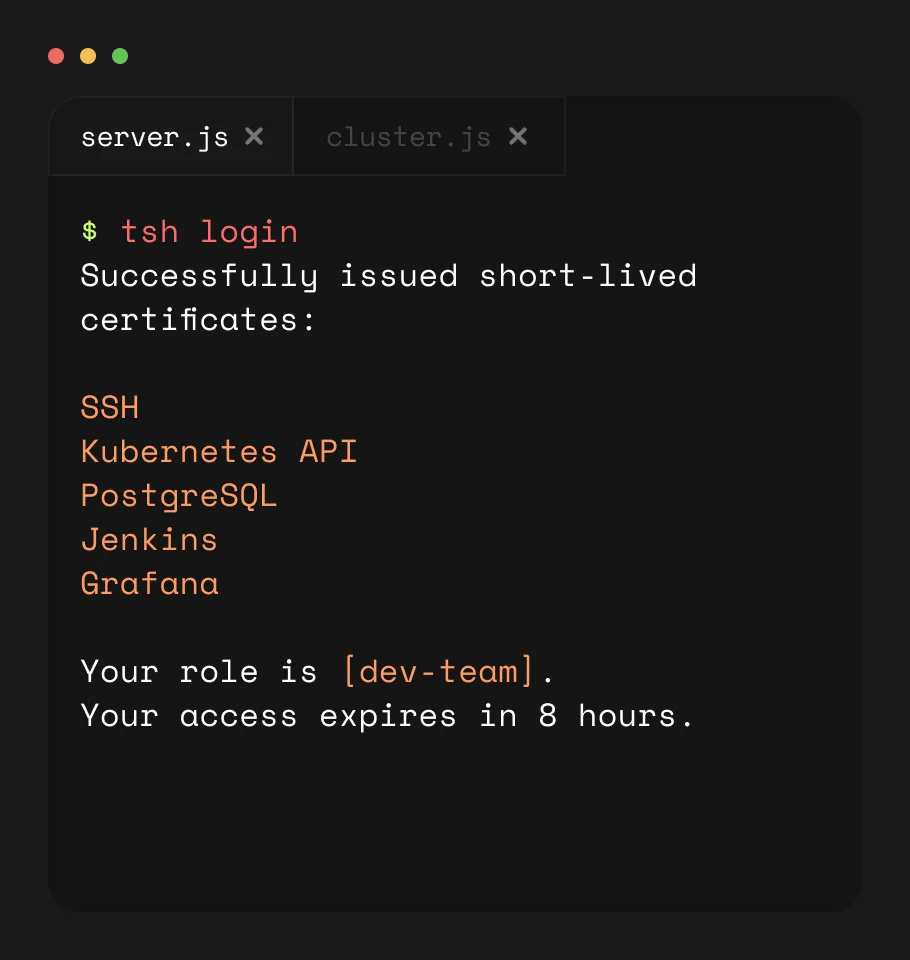What we Provide
Lead the digital revolution with "our engineering excellence"

Experience Outstanding Design with the Top Web Design Company
The WebExpertSky team created a modern, impressive website that exceeded our expectations. Their creative approach and technical skills helped us build a site that effectively represents our brand and instills confidence in potential clients. This new website serves as a powerful tool to engage visitors and showcase our services even before direct contact. Due to their excellent work, we have continued our partnership with WebExpertSky Pvt. Ltd. for SEO services to enhance our online visibility. Their professionalism and dedication make them a trusted partner for website development and digital marketing needs.
We approached Webexpertsky with a clear vision to build a robust and future-ready platform that could seamlessly integrate with the busy lifestyle of our customers while uplifting their overall experience and giving us a competitive edge. The Webexpertsky team not only understood our vision but also enhanced the overall solution with their expertise. The end results exceeded our expectations with massive improvements in the user base and digital revenue for different brands.

Natali Craig
CEO
We approached Webexpertsky with a clear vision to build a robust and future-ready platform that could seamlessly integrate with the busy lifestyle of our customers while uplifting their overall experience and giving us a competitive edge. The Webexpertsky team not only understood our vision but also enhanced the overall solution with their expertise. The end results exceeded our expectations with massive improvements in the user base and digital revenue for different brands.

Adam Smith
Founder
We approached Webexpertsky with a clear vision to build a robust and future-ready platform that could seamlessly integrate with the busy lifestyle of our customers while uplifting their overall experience and giving us a competitive edge. The Webexpertsky team not only understood our vision but also enhanced the overall solution with their expertise. The end results exceeded our expectations with massive improvements in the user base and digital revenue for different brands.

Art Gallardo
CEO
We approached Webexpertsky with a clear vision to build a robust and future-ready platform that could seamlessly integrate with the busy lifestyle of our customers while uplifting their overall experience and giving us a competitive edge. The Webexpertsky team not only understood our vision but also enhanced the overall solution with their expertise. The end results exceeded our expectations with massive improvements in the user base and digital revenue for different brands.

Marry Gallardo
CEO
100 +
Happy Customers
25+
Skilled Employees
6
Years of track record
200 +
Projects Completed
Book A Free Consultation Call With Our Experts Today
Schedule your free consultation call today and get expert advice tailored to your business needs. Let’s grow together!
Connect with us© 2025 Webexpertsky All rights reserved.

